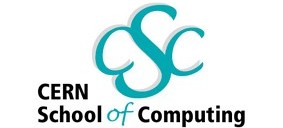|
What are and how to build decision
trees?
Short description of the idea, method of
choosing correct test, advantages and
disadvantages of decision trees.
Random forest as a variation of
decision tree algorithm
Why and when random forest are better
than a single tree. What do we loose in
comparison to decision trees?
Main ideas of "lazy learning"
Nearest neighbour algorithm and its
generalization - kNN as examples of lazy
algorithms. They provide very good
results in classification with minimum effort.
Grouping algorithms - when to use them
Presentation of cobweb algorithm.
R-language - open source environment
for development and testing
Some of the algorithms described in the
presentation will be presented in
R-environment.
|

